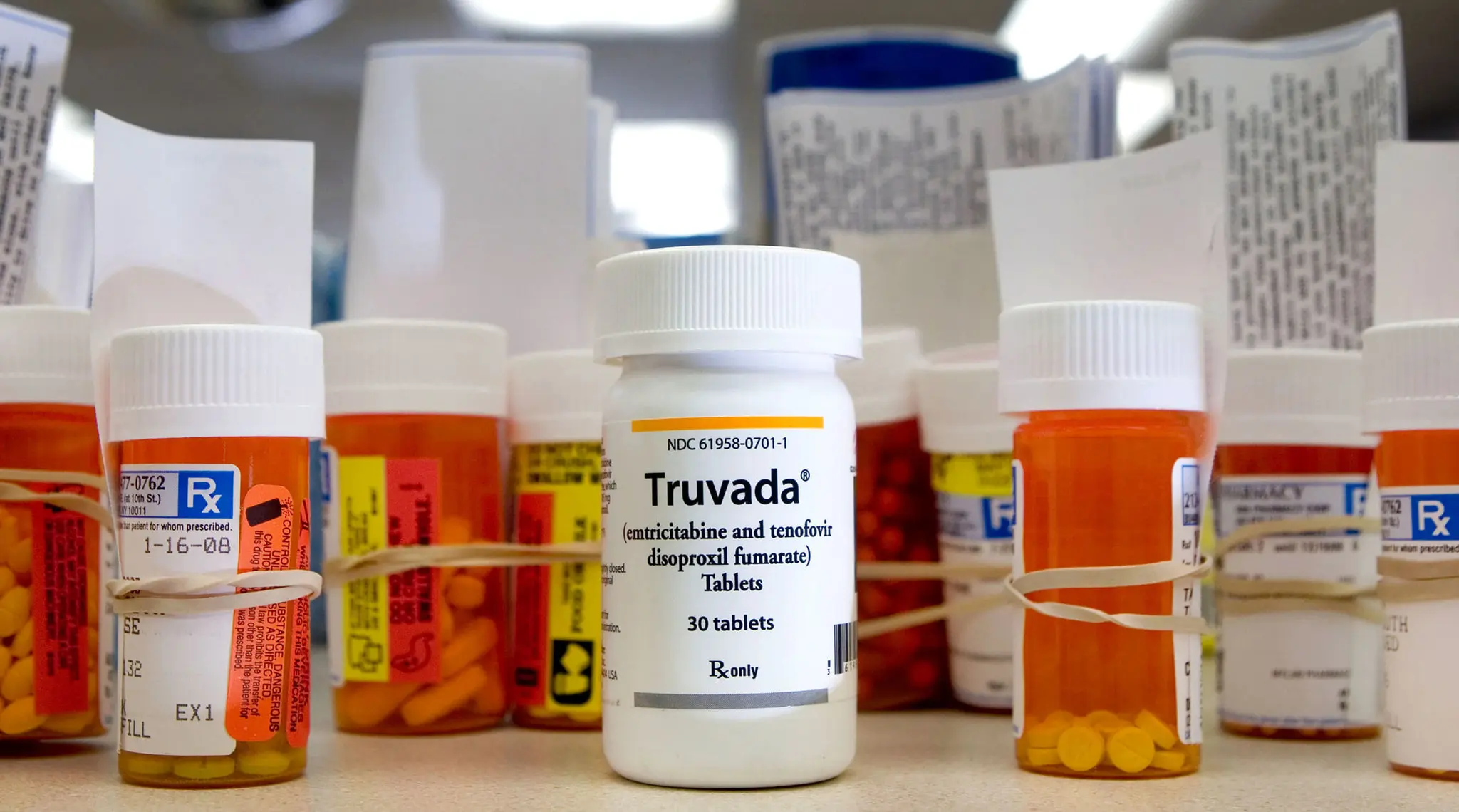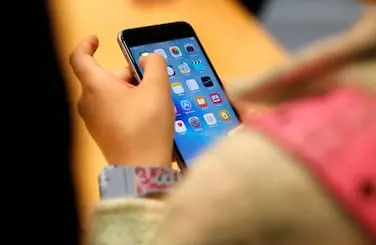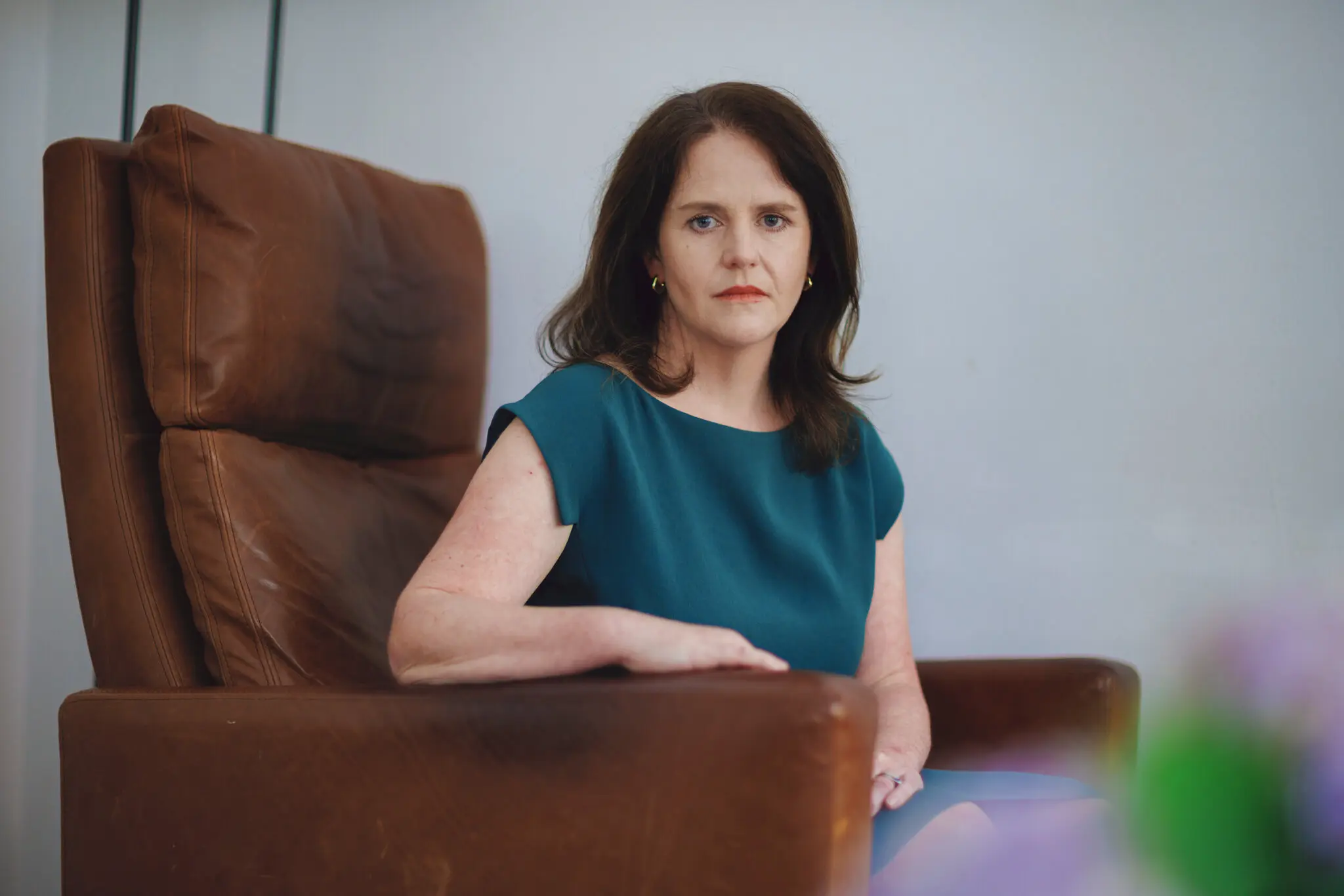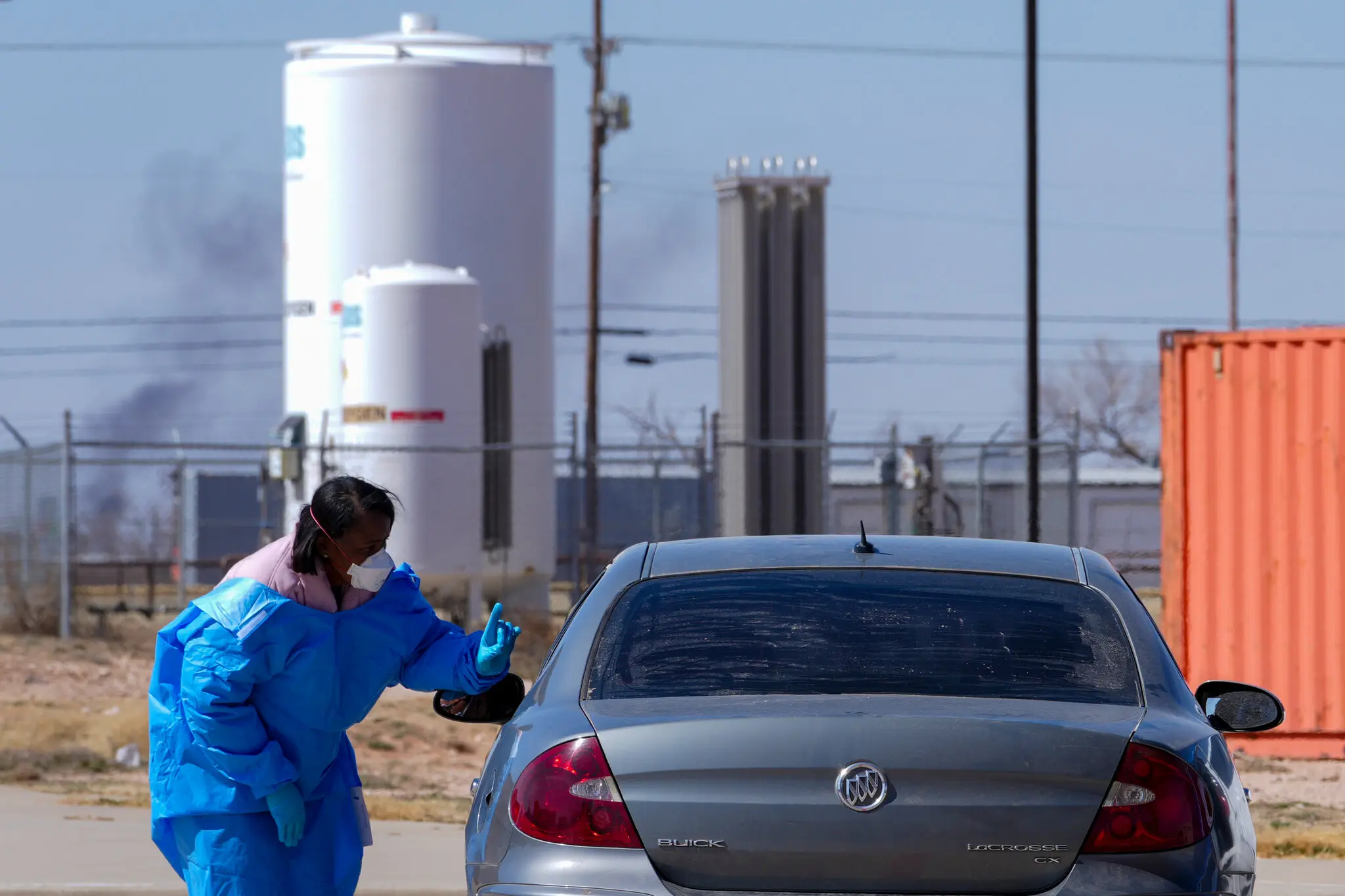U.S. Government Claims Ownership of Key H.I.V. Prevention Drugs in Patent Dispute With Pharma Giant
In a landmark legal and ethical challenge, the U.S. government asserts that it holds the patent rights to PrEP, a life-saving HIV prevention method, arguing that taxpayer-funded research laid the foundation for the drug's development. The move has sparked fierce debate over drug pricing, access, and pharmaceutical accountability.
In a dramatic escalation of the debate over drug pricing and public investment in pharmaceutical innovation, the U. S. government has formally asserted patent rights over one of the most important HIV prevention strategies of the modern era: pre-exposure prophylaxis, or PrEP.
The move challenges pharmaceutical giant Gilead Sciences, which markets the PrEP drug Truvada, and sets the stage for a legal showdown with sweeping implications for healthcare policy and public access. At the heart of the dispute is the government’s claim that researchers at the Centers for Disease Control and Prevention (CDC)—a taxpayer-funded agency—developed and patented the foundational method of using antiretroviral medication to prevent HIV transmission. Despite this, Gilead has for years sold PrEP drugs at prices exceeding $1,500 per month, generating billions in revenue without paying licensing fees to the government.
### The Origins of PrEPPre-exposure prophylaxis, or PrEP, involves taking a daily pill containing antiretroviral drugs to prevent HIV infection in high-risk individuals. Clinical trials have shown it to be highly effective, reducing the risk of acquiring HIV by more than 90% when taken consistently. The concept of using antiretrovirals for prevention—not just treatment—was a groundbreaking shift in HIV strategy.
Between 2004 and 2006, CDC scientists led a series of animal and human studies that demonstrated the potential of this approach. These studies laid the groundwork for later trials and regulatory approval. The CDC filed patents on the method, and the U.
S. Department of Health and Human Services (HHS) argues that Gilead benefited directly from these publicly funded breakthroughs. ### A Battle Over Ownership—and ProfitsGilead, which manufactures Truvada and its successor Descovy, has long argued that it developed the drugs independently and that the government's patents on the PrEP method are invalid or unenforceable.
The company contends that while CDC scientists may have contributed scientific insight, they did not invent the drugs themselves. The stakes are high. Truvada, which was approved for PrEP use in 2012, became a blockbuster drug, generating more than $3 billion in revenue in a single year.
Advocates say the U. S. government’s assertion could force Gilead to pay back hundreds of millions in royalties and radically alter the pricing model.
In 2019, the Justice Department filed a lawsuit against Gilead, asserting four specific patents held by the CDC. Legal experts have called the case unprecedented: a rare instance of the government suing a pharmaceutical company over intellectual property that originated from public research. ### Why the Fight MattersFor years, HIV activists have protested the high cost of PrEP drugs, which placed them out of reach for many Americans without comprehensive insurance.
Globally, access has also been limited, despite the drugs’ potential to curb HIV transmission. “What we have is a life-saving intervention that’s priced like a luxury,” said James Krellenstein, co-founder of PrEP4All, an advocacy group focused on expanding access. “And the government helped invent it.
Taxpayers funded the science, but we’re still paying astronomical prices. ”The legal fight raises fundamental questions: Who owns medical innovation? Should companies be allowed to profit from public research without accountability? And should the government have more power to enforce fair pricing?### Gilead Pushes BackGilead has denied any wrongdoing, arguing that it has made PrEP widely available and that pricing reflects the costs of drug development, regulatory compliance, and investment in future research. The company points out that it donated free PrEP for up to 200,000 uninsured individuals as part of a federal program.
It also argues that the drug’s success is due not just to CDC research but to its own multi-billion-dollar investment in antiretroviral science and clinical trials. Still, critics argue that Gilead’s pricing has effectively rationed access and burdened public insurers, including Medicaid and Medicare. ### The Broader Policy DebateThe PrEP patent dispute is part of a growing movement to reassess the relationship between the U.
S. government and pharmaceutical companies. While public funding accounts for a significant portion of basic biomedical research, most resulting products are owned and marketed by private corporations.
Laws like the Bayh-Dole Act of 1980 allow universities and government labs to retain intellectual property rights on inventions stemming from federal funding. But enforcement has been lax, and critics say companies often commercialize these inventions with little oversight. “Pharma has gotten used to treating public research as a free pipeline,” said Dr.
Zain Rizvi, a policy expert at Public Citizen. “This case is about rebalancing power and ensuring that when taxpayers invest in science, they see some return—not just in health, but in affordability. ”### International ImplicationsWhile the legal dispute is centered in the U.
S. , its outcome could have global ripple effects. Many low-income countries rely on generic PrEP drugs, which are cheaper but not always available in sufficient supply.
If the U. S. government prevails, it could license the patents more broadly, promoting generic manufacturing and lowering costs worldwide.
Conversely, a loss could reinforce existing IP norms that critics say favor monopolistic pricing and limit access. The World Health Organization has identified PrEP as a key tool in the fight to end HIV/AIDS. Global agencies are watching the case closely.
### The Future of PrEP AccessMeanwhile, newer PrEP options are emerging. Gilead has shifted its marketing to Descovy, a reformulated version of Truvada, which it says has fewer side effects. But critics argue this is a tactic to extend patent protections and maintain high prices.
The government has also launched initiatives like “Ready, Set, PrEP,” offering free access to qualifying individuals. But logistical hurdles, stigma, and systemic inequities continue to hamper uptake—particularly among Black, Latino, and LGBTQ+ communities most at risk. “We need to treat PrEP as a public good,” said Dr.
Anthony Fauci, former director of the National Institute of Allergy and Infectious Diseases. “This is a tool that can end HIV transmission. It shouldn’t be limited by profit margins.
”### What’s at StakeThe outcome of the government’s lawsuit could set a precedent for how public sector contributions to drug development are valued—and how future pricing is negotiated. If successful, the case could empower the government to claim royalties, push for fairer pricing, or open the market to generics. If Gilead prevails, it could discourage public entities from asserting IP rights and reinforce the status quo.
Either way, the dispute spotlights a larger reckoning in U. S. healthcare: Can innovation coexist with equity? Can lifesaving drugs be both profitable and accessible?### Conclusion: A Patent, A Pill, A Power StruggleBehind the legal jargon and patent filings lies a deeper question of justice.
Millions of Americans remain at risk of HIV. A drug that could prevent infection is out of reach for many—not because it’s unavailable, but because it’s unaffordable. The government’s claim is not just about ownership of a method—it’s about ownership of a mission: to protect public health.
As the case unfolds, it will test not only the strength of a legal patent, but the values of a society deciding who gets to live free of disease—and at what cost.
26th july 2025



